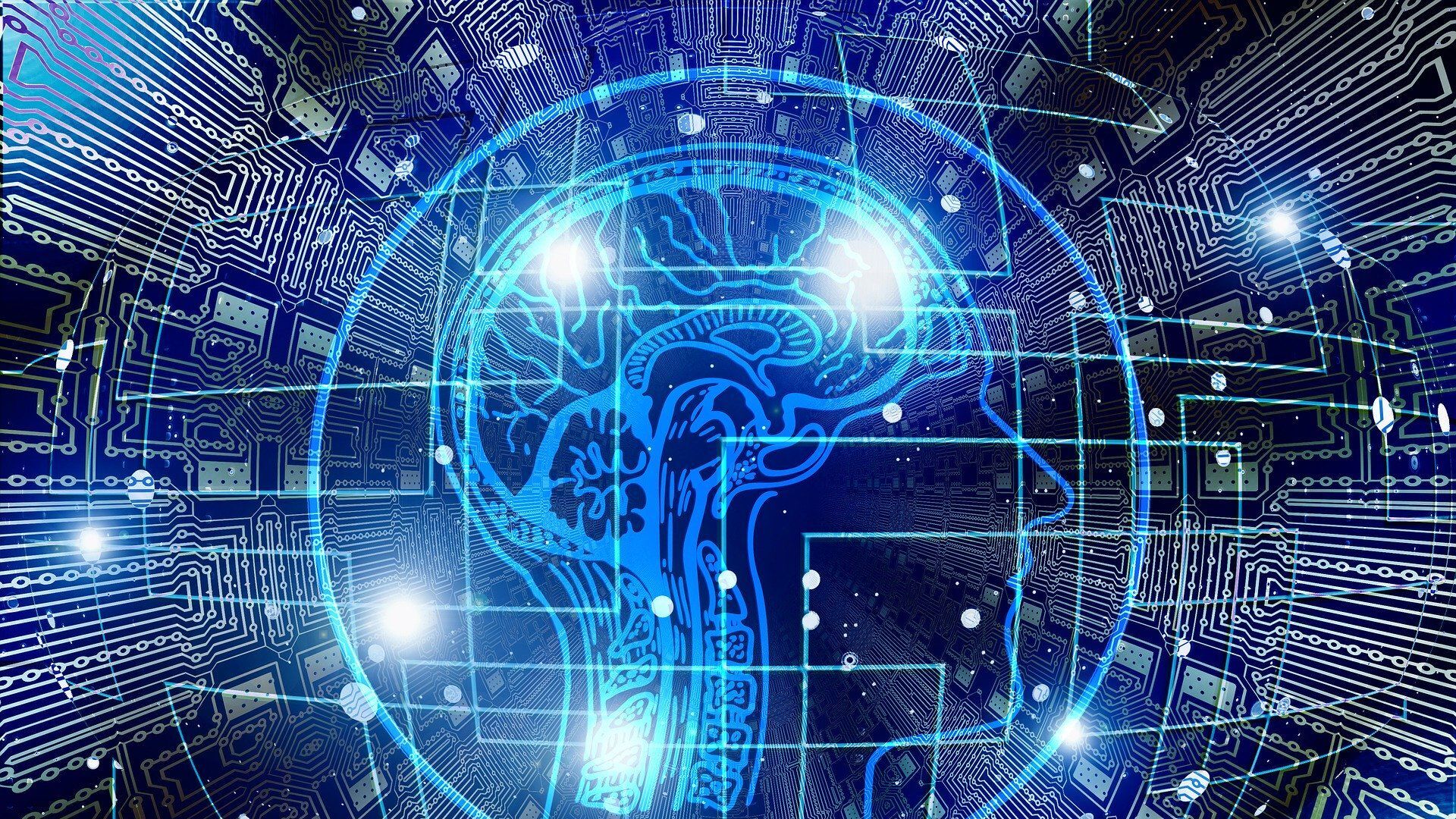https://sputnikglobe.com/20230511/eu-lawmakers-move-to-regulate-ai-in-historic-first-1110261387.html
EU Lawmakers Move to Regulate AI in Historic First
EU Lawmakers Move to Regulate AI in Historic First
Sputnik International
The European Parliament decided to make development of AI systems "human-centric and ethical" and plans to codify first in the world legislation about the use of generative systems.
2023-05-11T12:26+0000
2023-05-11T12:26+0000
2023-05-11T12:26+0000
beyond politics
ai
artificial intelligence
european parliament
https://cdn1.img.sputnikglobe.com/img/107827/90/1078279055_0:0:1920:1080_1920x0_80_0_0_a35cac4d1fc47433f027264fe7fef82b.jpg
The internal market committee and the civil liberties committee voted 84-7 on Thursday, with 12 abstentions, to put the draft AI Act to a plenary vote in mid-June. If approved, it will codify the world's first rules setting limits around the use of generative systems like ChatGPT. "It’s the first piece of legislation of this kind worldwide, which means that the EU can lead the way in making AI human-centric, trustworthy and safe," parliamentary co-rapporteur Dragos Tudorache said. The draft rules suggest banning biometric surveillance, emotion recognition and predictive policing by AI systems based on profiling or past criminal behavior. Generative AI systems that make life-like content will be required to tag their creations as such. "We are confident our text balances the protection of fundamental rights with the need to provide legal certainty to businesses and stimulate innovation in Europe," co-rapporteur Brando Benifei said. To boost AI innovation, EU lawmakers want to give exemptions to researchers and AI components provided under open-source licenses. Citizens will have the right to file complaints about AI and receive explanations of decisions related to high-risk AI systems that significantly impact their rights.
https://sputnikglobe.com/20230508/ai-could-pose-more-urgent-threat-than-climate-change-pioneer-says-1110205651.html
https://sputnikglobe.com/20230502/can-ai-compete-with-humans-and-what-are-chatbot-threats-an-interview-with-chatgpt-1110028480.html
Sputnik International
feedback@sputniknews.com
+74956456601
MIA „Rossiya Segodnya“
2023
Sputnik International
feedback@sputniknews.com
+74956456601
MIA „Rossiya Segodnya“
News
en_EN
Sputnik International
feedback@sputniknews.com
+74956456601
MIA „Rossiya Segodnya“
Sputnik International
feedback@sputniknews.com
+74956456601
MIA „Rossiya Segodnya“
ai, ai regulation, european parliament, ai industry, human-centric ai
ai, ai regulation, european parliament, ai industry, human-centric ai
EU Lawmakers Move to Regulate AI in Historic First
MOSCOW (Sputnik) - The European Parliament has announced the first step toward regulating artificial intelligence (AI) systems to ensure their "human-centric and ethical" development.
The internal market committee and the civil liberties committee voted 84-7 on Thursday, with 12 abstentions, to put the draft AI Act to a plenary vote in mid-June. If approved, it will codify the world's first rules setting limits around the use of generative systems like ChatGPT.
"It’s the first piece of legislation of this kind worldwide, which means that the EU can lead the way in making
AI human-centric, trustworthy and safe," parliamentary co-rapporteur Dragos Tudorache said.
The draft rules suggest banning biometric surveillance, emotion recognition and predictive policing by AI systems based on profiling or past criminal behavior. Generative AI systems that make life-like content will be required to tag their creations as such.
"We are confident our text balances the protection of fundamental rights with the need to provide legal certainty to businesses and stimulate innovation in Europe," co-rapporteur Brando Benifei said.
To boost AI innovation, EU lawmakers want to give exemptions to researchers and AI components provided under open-source licenses. Citizens will have the right to file complaints about AI and receive explanations of decisions related to high-risk AI systems that significantly impact their rights.




